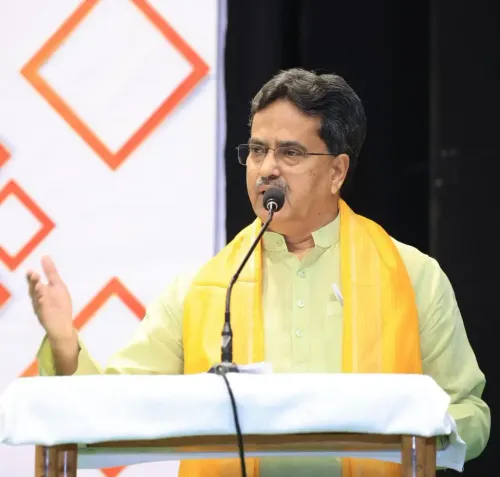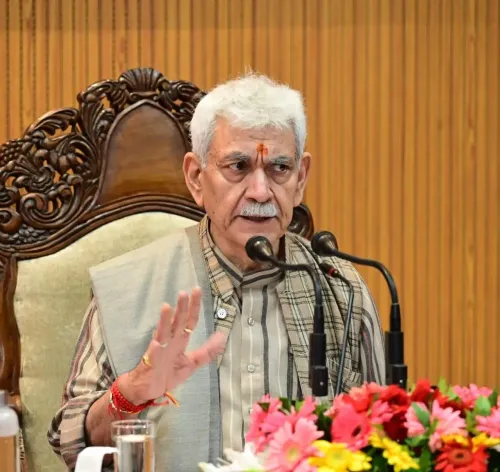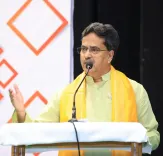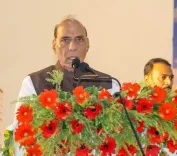Has the Uttarakhand Minority Education Bill 2025 Transformed Madrasas?

Synopsis
Key Takeaways
- Madrasa Board abolished in Uttarakhand.
- All Madrasas must affiliate with the Uttarakhand School Education Board.
- New regulations aim for uniformity and inclusivity in education.
- Focus on modern subjects like science and mathematics.
- Religious education will still be included in the curriculum.
Dehradun, Oct 6 (NationPress) The Madrasa Board in Uttarakhand is on its way to extinction as Governor Lieutenant General Gurmit Singh (Retd.) has given the green light to the Uttarakhand Minority Education Bill, 2025.
With the enactment of this Bill, all Madrasas in the state will be mandated to gain recognition from the Uttarakhand Minority Education Authority and secure affiliation with the Uttarakhand School Education Board.
This initiative aims to serve as a landmark in establishing a more uniform, inclusive, and contemporary educational framework in the state.
Chief Minister Pushkar Singh Dhami hailed the decision as historic, claiming it will initiate transformative changes in Uttarakhand's educational landscape.
He stated, “Our mission is to ensure that every child in the state, irrespective of their class or community, has equal access to quality education and opportunities.”
Additionally, he announced that starting from the academic year in July 2026, all minority institutions will adhere to the national curriculum and the New Education Policy. This will elevate educational standards and integrate students into the mainstream.
As part of this Bill, Madrasas must now register with the Uttarakhand Board, and it will be essential to incorporate subjects such as science, mathematics, and social science into their curricula. There will also be a strong focus on modern technical education and vocational training, which will empower students from minority communities for a brighter future.
This decision makes Uttarakhand the first state in India to dissolve the Madrasa Board and incorporate minority educational institutions into the mainstream education system. It is anticipated that this will significantly contribute to educational uniformity and social inclusion. Nevertheless, some organizations have voiced concerns regarding this decision.
They argue that special measures should be taken to safeguard the cultural and religious identity of Madrasas. In response, the government has assured that religious education will continue to be part of the curriculum, albeit with a focus on modern education.









